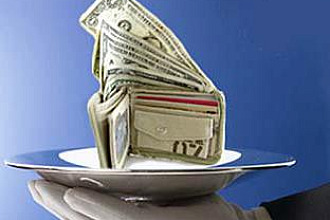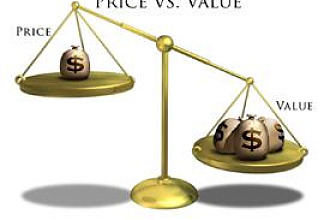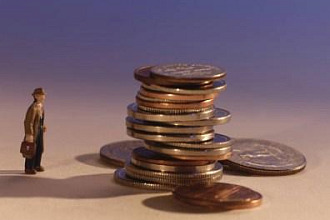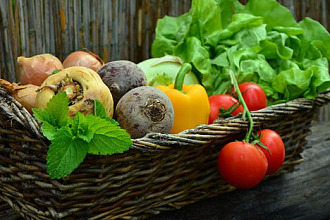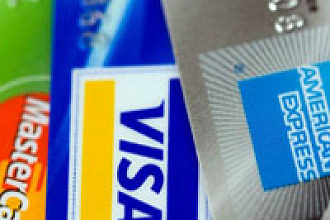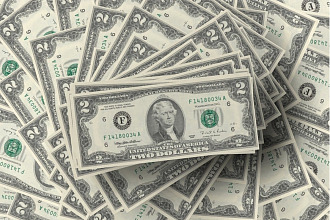Sticker shock!!
It seems that every time you walk into a supermarket or a retail store, you see that the prices of everyday items are not going up a few cents every year, but a few cents every week. It has been reported that over the last two years, while home prices have plummeted, the cost of food items has increased 30 percent.
What is one to do with inflation at the supermarket? To gain an edge throughout the year, try these strategies:
Buy One, Get One Free
Buy one, get one free come-ons tend to make you believe you are getting two items for the price of one. Remember, it is no bargain if you don’t want or need more than one of those particular items.
Best Self-Defense:
Ask the clerk or store manager if you can purchase just one at the special price. You’ll be surprised that they will often grant your request.
Limit Six to a Person
The idea that this item is scarce seems to exert a powerful effect on shoppers. By restricting your buying power, the store effectively kicks in your need-to-hoard mentality. Don’t be tempted to buy more than you need—excessive cans and boxes often end up being thrown out after sitting for years in your pantry.
Best Self-Defense:
Purchase only what you need, no matter how good the price.
Pre-Packaged Produce
Pre-packaged and pre-sliced fruits and vegetables in plastic containers very often will cost twice as much.
Best Self-Defense:
Use packaged, pre-sliced fruit if you are unsure of the ripeness of a whole item. Prepackaged combination salads can save both time and money, especially when you could do without buying and stocking your refrigerator with the several varieties of lettuce and vegetables you want in your salad.
Alluring End Displays
The displays at the end of each isle are there because 30 percent of shoppers tend to purchase them. However, while they may have great signs that say “Stock-up today,” “Bargain, Bargain, Bargain!” or “Same great price you have always expected!” they often are not the fabulous deals they seem.
Best Self-Defense:
Buy those end-gap deals only if you know they are something you need, not just because it looks like a terrific bargain. Remember, if you get it for half off, but you don’t need that item, it is not a bargain. Also, beware of expensive items that are placed together like a recipe. Often one item that is in season, such as strawberries, will be placed with two other more expensive items, such as shortcake and whipped cream, to make the customer think, “Why not have strawberry shortcake for dessert this evening?” Manufacturers will sometimes pay for those prime display locations. Always compare the prices in the main isles where products have to compete against each other.
Shop Less Often
Customers who routinely make quick trips every day or so to their local supermarket tend to spend more than those who go once a week. Let’s say that each time you shop you impulsively spend an extra $10 on unnecessary items. This impulsive spending could add up to $120 per month if you shop three times a week, compared to $40 a month if you shop only once a week.
Best Self-Defense:
Keep a shopping necessity sheet on your refrigerator and have every member of the family add the items that they need or that they use. And remember, planning your meal menus for the week and listing the ingredients you need definitely assists in making the right buys.
While you and I cannot change the prices on the goods we purchase, we can change our buying habits. With a strategic plan and a little creativity, together we can keep the lid on out-of-control price tags and become savvy shoppers in the process.
References:
1. Concepts taken from “Sneaky Supermarket Come-ons”, Phil Lempert, Bottom Line.
2. Personal, September 15, 2008, page 7.








